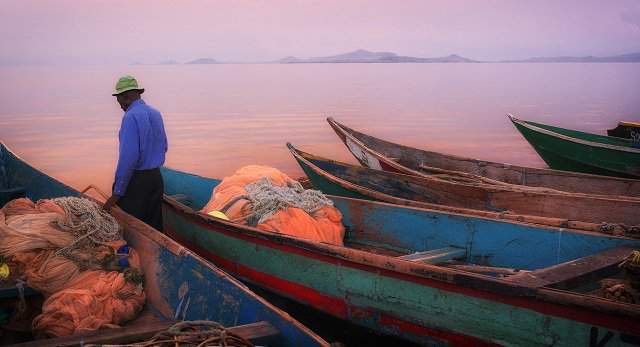TANZANIA is taking steps to boost its local fisheries by banning fish imports, especially from China and Vietnam, according to a report yesterday.
The decision followed the government’s plan to review the Fisheries Act which regulates the fishing sector, the East African reported.
Luhaga Mpina, the minister for livestock and fisheries, confirmed that regulations will be put in place to safeguard local fisheries.
“We are looking to protect Tanzania’s marine resources through proper arrangements for commercial fishing to make it beneficial to those in the business,” the minister said.
Tanzania produces about 336 821 tonnes of fish per year, and has a local demand of 731 000 tonnes. Most of the local fishing takes place in the Indian Ocean, Lake Victoria, Lake Tanganyika and Lake Nyasa.
The country’s fish products include Nile perch from Lake Victoria, sardines from Lake Tanganyika, and shellfish, prawn, lobster, crabs, mollusks and squid and octopus from the Indian Ocean.
China, Vietnam and other countries in the Indian Ocean region export 24 000 tonnes of fish on a monthly basis to Tanzania, valued at US$25 million. Sardines from Thailand, Kenya and Mozambique enter the local market through illegal routes.
Tanzania’s fisheries’ economy is valued at US$4 billion, with approximately 200 000 fishermen earning a living from the industry. However, their fishing equipment is compromised, and they lack the adequate technical expertise, management skills and sufficient resources to develop their industry.
The country is addressing these issues by encouraging fishermen to form fishing co-operative societies. About 40% of the total costs of the purchase of modern fishing facilities, including boats, will be subsidised by the government. The government is also planning to bring in companies to buy large fishing ships, and establish fishing ports along the Indian Ocean coast. – Nampa-ANA
Stay informed with The Namibian – your source for credible journalism. Get in-depth reporting and opinions for
only N$85 a month. Invest in journalism, invest in democracy –
Subscribe Now!










